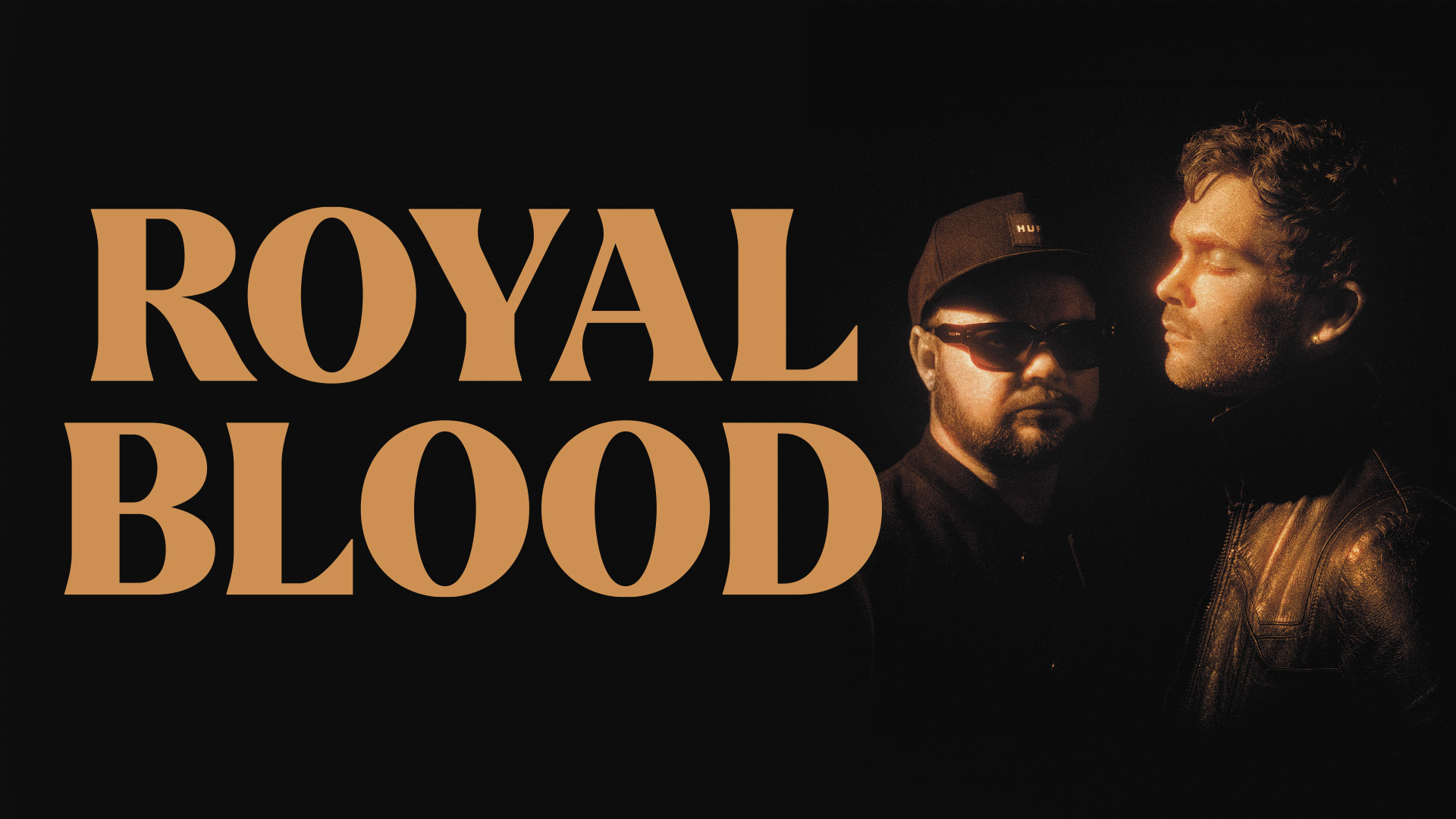The concept of royal blood tradition has fascinated humanity for centuries, weaving a rich tapestry of history, culture, and power. From ancient kingdoms to modern-day monarchies, this tradition continues to shape societies and influence global politics. Royal bloodlines are not merely genealogical records; they represent centuries of governance, diplomacy, and cultural heritage. Understanding the significance of these traditions offers a window into the past while also shedding light on contemporary royal families around the world.
In an era where democracy and modern governance dominate global politics, the role of royal blood tradition remains intriguing. It bridges the gap between historical reverence and modern relevance, sparking debates about its necessity and value. Whether it's the British monarchy or lesser-known royal families, the customs, rituals, and lineages tied to royal blood tradition continue to captivate audiences worldwide. This article dives deep into the essence of this timeless institution, exploring its origins, evolution, and significance in today's world.
As we delve into the complexities of royal blood tradition, we will uncover how these ancient practices have adapted to contemporary times. From the symbolic importance of crowns and thrones to the modern roles of royal families in global diplomacy, this exploration aims to provide a comprehensive understanding of why royal blood tradition continues to hold such sway over public imagination. Let's embark on this journey through history, culture, and tradition.
Read also:Is Simon Cowells Son Disabled Unveiling The Truth And Exploring The Story
What Exactly Defines a Royal Blood Tradition?
Royal blood tradition is more than just a lineage; it encompasses a set of customs, rituals, and values passed down through generations. At its core, it represents the continuity of power and authority within a family or dynasty. Historically, these traditions were used to legitimize the rule of monarchs, ensuring stability and order in their realms. Over time, however, the concept has evolved, adapting to changing societal norms while retaining its core essence.
Key aspects of royal blood tradition include:
- Genealogical Records: Detailed family trees tracing royal lineage back centuries.
- Ceremonial Practices: Rituals like coronations, weddings, and funerals that reinforce the royal identity.
- Cultural Significance: The preservation of heritage and national identity through royal traditions.
While some may argue that these traditions are relics of the past, their continued relevance in modern society speaks volumes about their enduring appeal. The ability of royal families to adapt while maintaining their traditions highlights their resilience and adaptability.
Why Is Royal Blood Tradition Still Relevant Today?
In today's fast-paced world, one might wonder why royal blood tradition continues to hold sway over public consciousness. The answer lies in its ability to connect people to their history and cultural roots. For many, royal families serve as symbols of national identity and continuity, offering a sense of stability in an ever-changing world. Furthermore, they play crucial roles in diplomacy, tourism, and cultural preservation.
Modern monarchies have embraced new roles, moving beyond traditional governance to focus on philanthropy, cultural advocacy, and international relations. This shift has allowed them to remain relevant in contemporary society while honoring their royal blood tradition. The British Royal Family, for instance, actively participates in charitable work and global initiatives, demonstrating the evolving nature of their role.
How Do Royal Bloodlines Impact Global Politics?
The influence of royal blood tradition extends beyond national borders, impacting global politics in significant ways. Royal families often serve as ambassadors for their countries, fostering diplomatic relations and promoting cultural exchange. Their involvement in international events and organizations highlights their continued relevance in global affairs.
Read also:Jackerman 3d Mothers Warmth Chapter 3 Ndash An Indepth Exploration
Moreover, royal marriages and alliances have historically played a pivotal role in shaping political landscapes. While such arrangements are less common today, the symbolic power of royal unions still holds importance in certain regions. The interconnectedness of royal families across the globe underscores the significance of maintaining these traditions in an increasingly interconnected world.
How Has Royal Blood Tradition Evolved Over Time?
The evolution of royal blood tradition reflects broader societal changes throughout history. From the divine right of kings to constitutional monarchies, the role of royal families has shifted dramatically. This transformation has been driven by factors such as democratization, industrialization, and globalization. Despite these changes, the core principles of royal blood tradition have persisted, adapting to new contexts while retaining their essence.
Can Royal Blood Tradition Survive in Modern Times?
As societies continue to evolve, the survival of royal blood tradition hinges on its ability to adapt to contemporary challenges. While some critics question the relevance of monarchies in today's democratic world, others argue that they provide valuable cultural and historical continuity. The success of modern royal families in balancing tradition with innovation offers hope for their continued existence.
What Role Do Modern Royal Families Play in Preserving Royal Blood Tradition?
Modern royal families have taken on new responsibilities in preserving and promoting their traditions. Through media engagement, cultural initiatives, and community outreach, they ensure that royal blood tradition remains a vital part of public life. Their efforts to connect with younger generations through digital platforms and interactive experiences further strengthen their relevance in today's world.
Biography of a Prominent Figure in Royal Blood Tradition
| Name | Queen Elizabeth II |
|---|---|
| Birthdate | April 21, 1926 |
| Reign | 1952 - Present |
| Spouse | Prince Philip, Duke of Edinburgh |
| Children | Prince Charles, Princess Anne, Prince Andrew, Prince Edward |
Queen Elizabeth II stands as a testament to the enduring power of royal blood tradition. Her long reign has witnessed significant changes in both the monarchy and the world at large. Through her dedication to duty and service, she has set a standard for modern monarchs, demonstrating how royal blood tradition can thrive in a rapidly changing world.
What Are the Challenges Facing Royal Blood Tradition Today?
Modern royal blood tradition faces numerous challenges, including public scrutiny, financial pressures, and shifting societal values. The rise of social media has brought increased attention to royal families, both positive and negative. Navigating this landscape requires a delicate balance between maintaining tradition and embracing change. Additionally, questions about the financial sustainability of monarchies have sparked debates in several countries.
How Can Royal Families Address These Challenges?
Addressing these challenges requires proactive measures from royal families. Engaging with the public through transparent communication, promoting cultural initiatives, and embracing technological advancements can help bridge the gap between tradition and modernity. Furthermore, fostering meaningful connections with younger generations ensures the continued relevance of royal blood tradition in the future.
Conclusion: The Future of Royal Blood Tradition
The future of royal blood tradition lies in its ability to evolve while retaining its core values. As societies continue to change, royal families must adapt to remain relevant in contemporary contexts. By embracing innovation while honoring their heritage, they can ensure that royal blood tradition continues to captivate audiences worldwide. The enduring appeal of this institution serves as a reminder of the power of history and culture in shaping our collective identity.
Table of Contents
- Royal Legacies: The Timeless Legacy of Royal Blood Tradition
- What Exactly Defines a Royal Blood Tradition?
- Why Is Royal Blood Tradition Still Relevant Today?
- How Do Royal Bloodlines Impact Global Politics?
- How Has Royal Blood Tradition Evolved Over Time?
- Can Royal Blood Tradition Survive in Modern Times?
- What Role Do Modern Royal Families Play in Preserving Royal Blood Tradition?
- Biography of a Prominent Figure in Royal Blood Tradition
- What Are the Challenges Facing Royal Blood Tradition Today?
- How Can Royal Families Address These Challenges?

